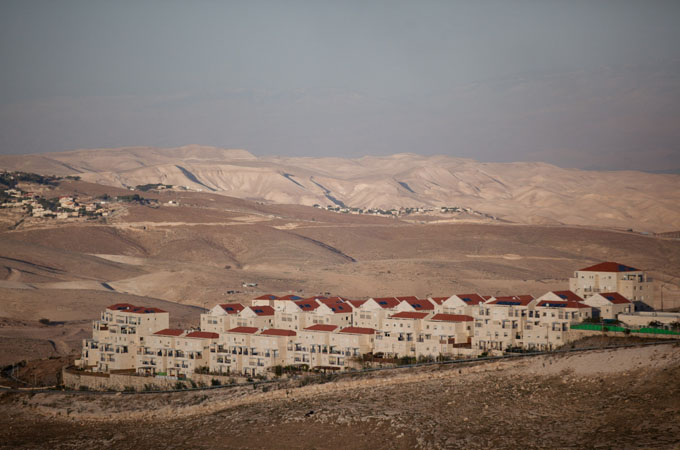Press Release
Head of Syrian Coalition and Syrian Expert House to Present “Syria Transition Roadmap”
Istanbul, Turkey – Leaders of the Syrian Expert House, a group of approximately 300 Syrian human rights activists, academics, judges, lawyers, opposition leaders, members of the Syrian National Council and the National Coalition for Syrian Opposition and Revolutionary Forces, defected government officials, defected military officers, members of local revolutionary councils, and commanders of the armed opposition announced the release of a report presenting comprehensive recommendations on the post-Assad democratic political transition.
The report, entitled “Syria Transition Roadmap,” will be officially unveiled on August 14 at a press conference in Istanbul, Turkey at Holiday Inn Istanbul City. Ahmad Assi al-Jarba, president of the National Coalition for Syrian Opposition and Revolutionary Forces, and leaders of the Syrian Expert House will give an overview of Syria’s imminent transition at the conference.
Syria Transition Roadmap covers the topics of constitutional reform, political reform, electoral reform, security sector reform, economic reform, and transitional justice in post-conflict Syria. The recommendations presented in Syria Transition Roadmap are the result of a year-long consensus-building process. The Syrian Expert House’s final conclusions within the report represent the political common ground of the Syrian opposition on key issues. These recommendations will remain valid, no matter how the Syrian conflict is resolved.
Syria Transition Roadmap specifically recommends the following:
· The future Syrian government will be a hybrid presidential/parliamentary system to ensure the presence of checks and balances in state institutions.
· The starting point of the new Syrian constitution will be the Constitution of 1950, which will be amended and modified by a 290-member Constitutional Assembly, elected in a national election. The new Syrian constitution will be approved by a national referendum.
· The Constitutional Assembly will be elected in an election featuring proportional representation across 20-30 multi-member districts with an average of 12 seats per constituency. Proportional representation will ensure party pluralism, allowing for the first election to lay the foundation for a strong democratic system.
· The independence of the judiciary will be guaranteed by completely separating it from the executive branch. National reconciliation will be achieved through a long transitional justice process in which justice is assured for all of Syria’s victims.
· The security services will be restructured and cleansed of corrupt officials. All armed groups will be disarmed, demobilized, and reintegrated into Syrian society.
· Syria will gradually abandon its state-led economic model in favor of a market-based economy. Public sector employees will continue to be paid while preparing for the overhaul of the state administrative structure.
For further information, please see:



